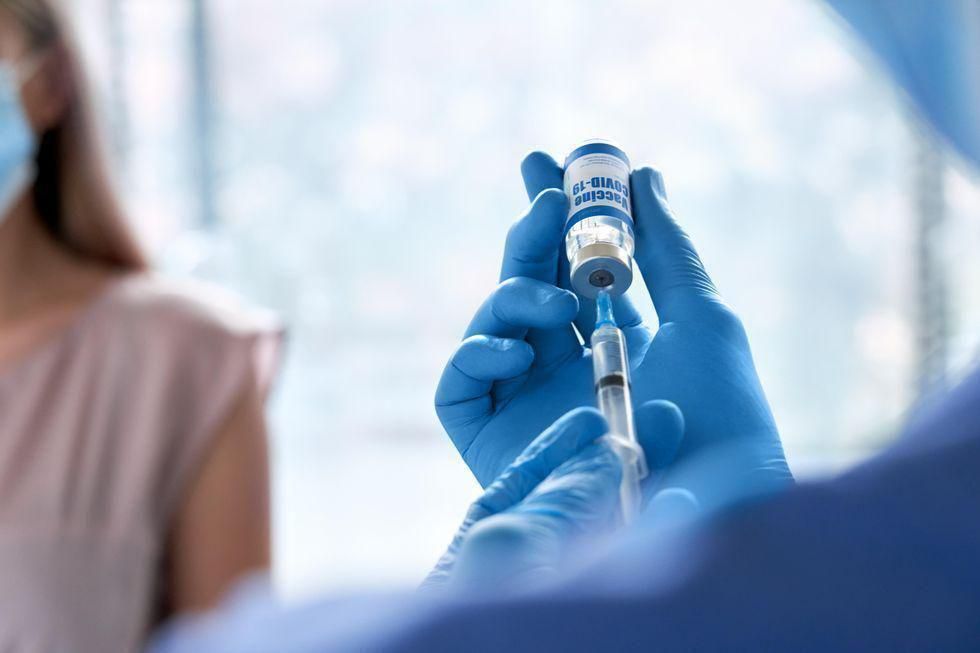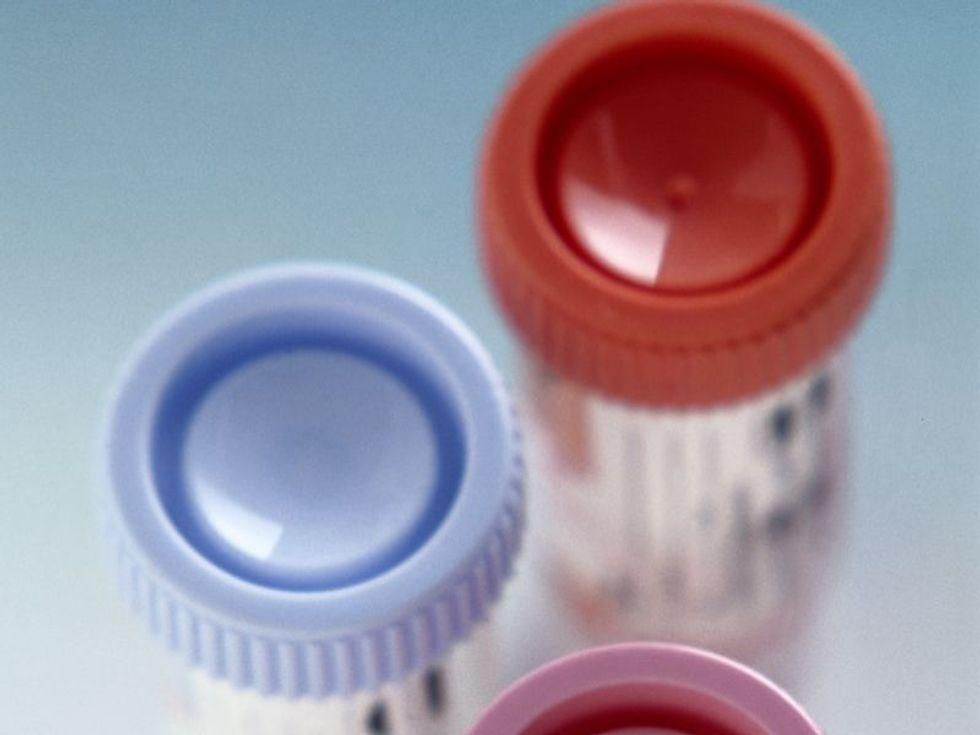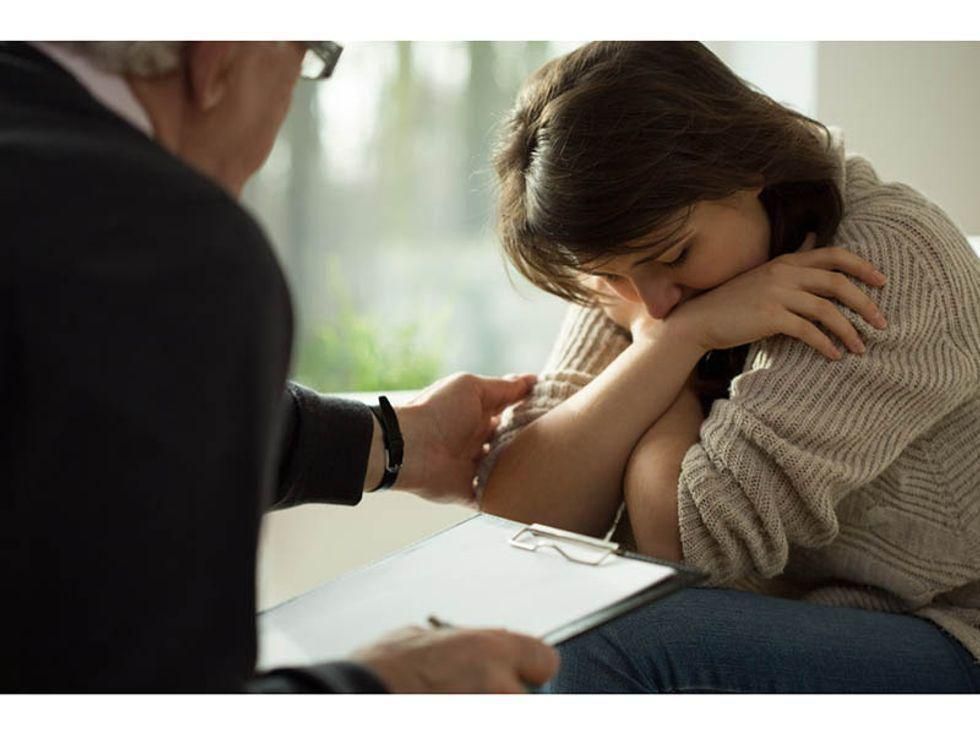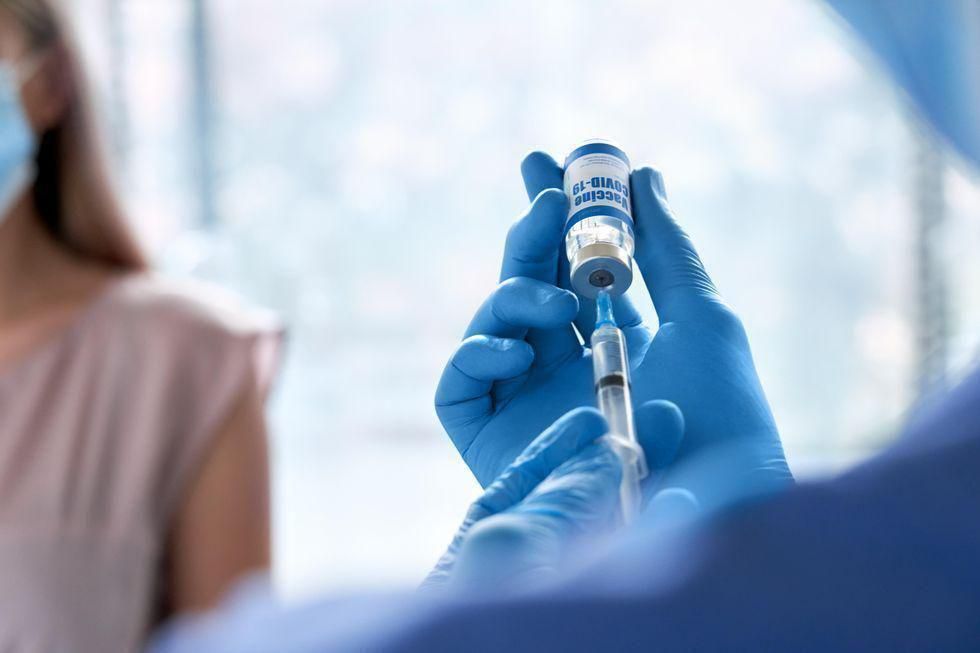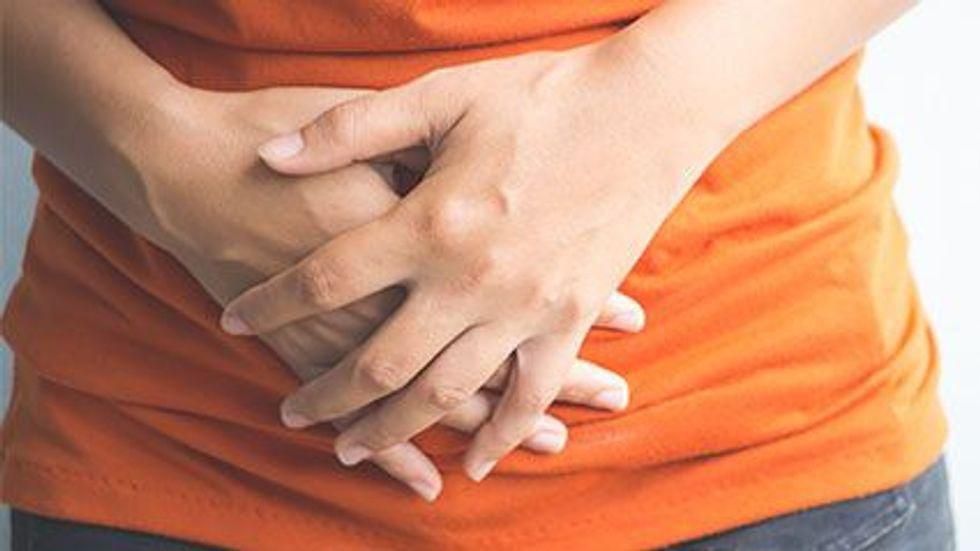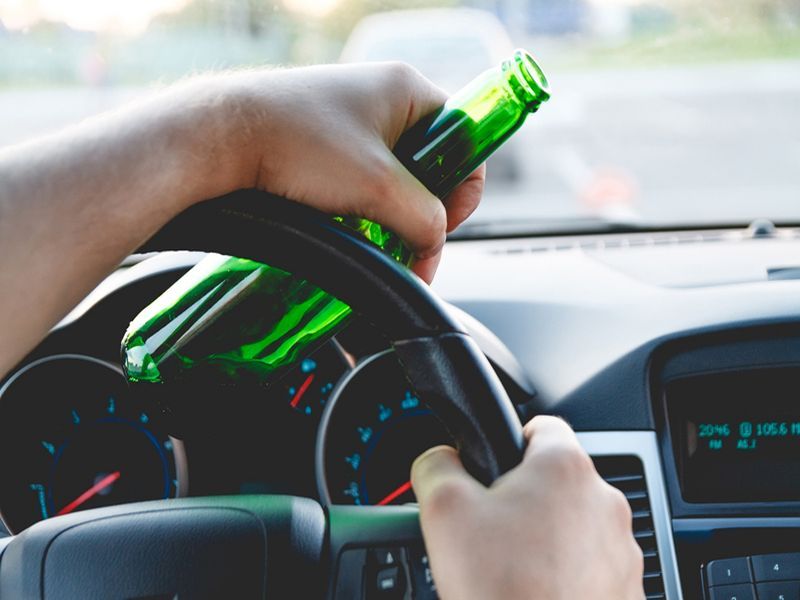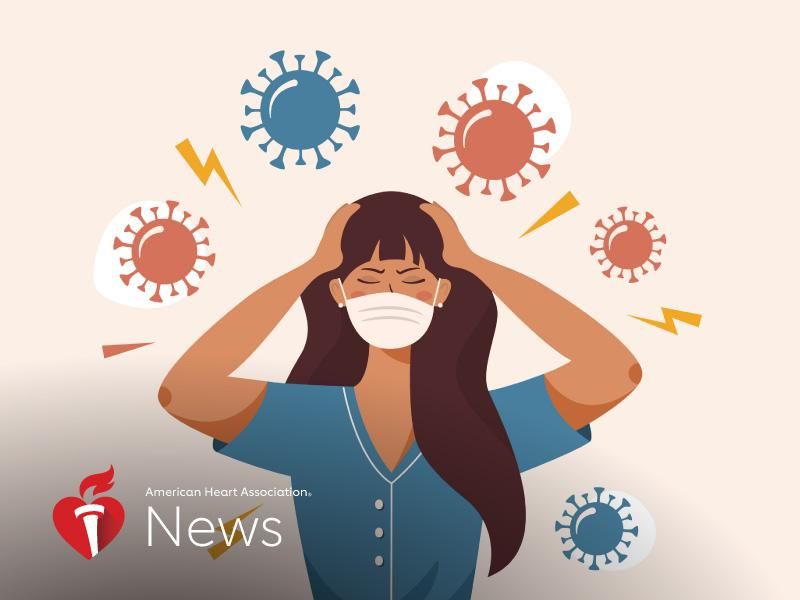
WEDNESDAY, Dec. 8, 2021 (American Heart Association News) — When the COVID-19 pandemic shut down New York City in March 2020, Jose Montanez, like millions of others in the service industry, lost his source of income. A hair stylist who also ran karaoke drag shows, he made his money closely interacting with people. Even his… read on > read on >











